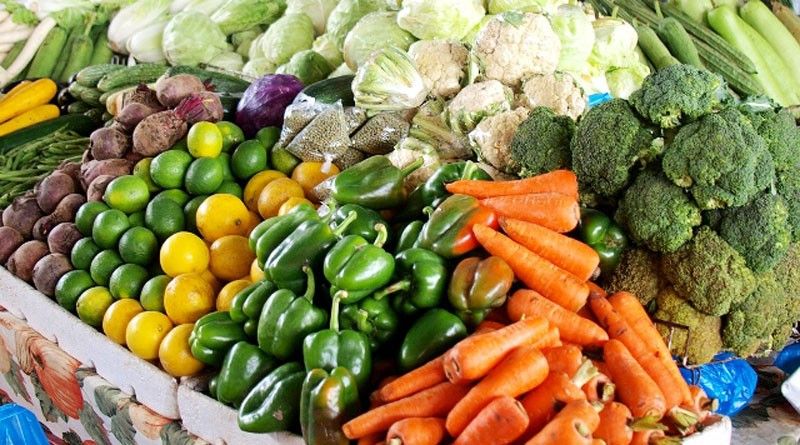Philippines still lags in agriculture sophistication — PIDS

MANILA, Philippines — The sophistication of processed Philippine farm products has not advanced in more than a decade, preventing the agriculture industry from evolving into a high-value sector, according to a new paper by state-run think tank Philippine Institute for Development Studies (PIDS).
In a new discussion paper, “Harnessing the Potential of the Philippines’ Agricultural Sector: An Assessment using the Product Space,” PIDS researchers Connie Bayudan-Dacuycuy and Ramonette Serafica said the sophistication content of the country’s agricultural exports has not improved from 1994 to 2014 and remains inferior to world market standards.
Despite these findings, they believe the farm sector still has room for diversification while improvements in value-adding are being carried out.
The report said not only has product development stagnated, the basket of exported commodities also remained small and concentrated in a handful of products such as cereals, pasta, bread, fruits and nuts.
Low use of technology and innovation not only affects export revenues but also translates to low transfer of knowledge and skills to the worker population.
“Exports in these categories have average sophistication indices that are lower than the average sophistication of agricultural products in the world market. This has serious implications not only in the sector’s productivity, but more importantly, in the skills content of the 26 percent of the employed population in agriculture,” PIDS said.
The percentage of agricultural exports in the country’s export basket has been whittled down to 10 percent of the total in 2014 from 27 percent in 1995 as industrialization in early 2000 saw diversification into electronic goods.
PIDS said reinvigorating agro-processing would be a good strategy for creating more quality jobs in the countryside, thereby contributing to inclusive and sustainable growth.
This could also help lower the cost of transportation, handling, and storing of primary agriculture products, it said.
“Since primary agricultural products are perishable goods, agro-processing appears to be a sound approach so that agricultural exports will reach markets beyond Asia. OECD economies and countries from the MENA (Middle East and North America) region are some of the potential markets,” PIDS said.
As improving agro-processing takes time, the think tank urges prioritizing diversification and advancement in product sophistication over the short and long term.
The researchers said the focus in the short run should be on improving the production structure of farm goods the country already has a comparative advantage in such as processed fish and seafood, industrial oil, careals, pasta, bread, animal and vegetable fats, extracts and dye.
In the medium term, the country can diversify into products with much higher sophistication content, majority of which are processed meats.
“While this portends good news, it presents challenges on how the country can transform its agricultural sector into a sector that is high value adding. The sector’s transformation will definitely not happen overnight and deliberate steps towards the goal is necessary,” the researchers said.
To achieve this, PIDS said the government needs to ensure agro-processors are linked with financial and marketing services.
“Assuming that the country is able to create correct incentives and provide adequate support for process and product innovations to take place, the development of the products herein identified may lead to the emergence of other high value adding agro-industrial exports not listed here,” the report said.
The other challenge is for the government to take steps that will eventually provide opportunities for the agricultural sector to realize forward and backward linkages that will help in the advancement of sophistication of products.
These refer to sister industries that can provide inputs for production and value-addition.
- Latest





























